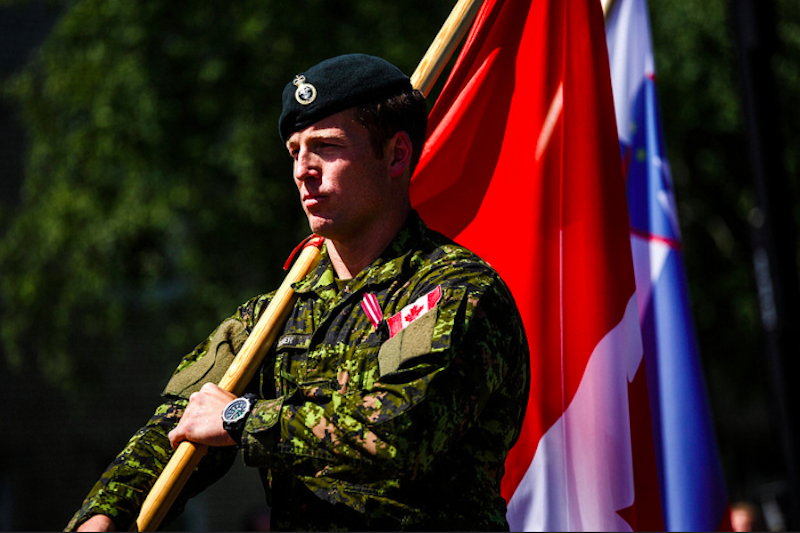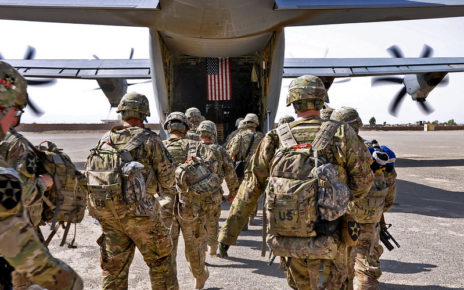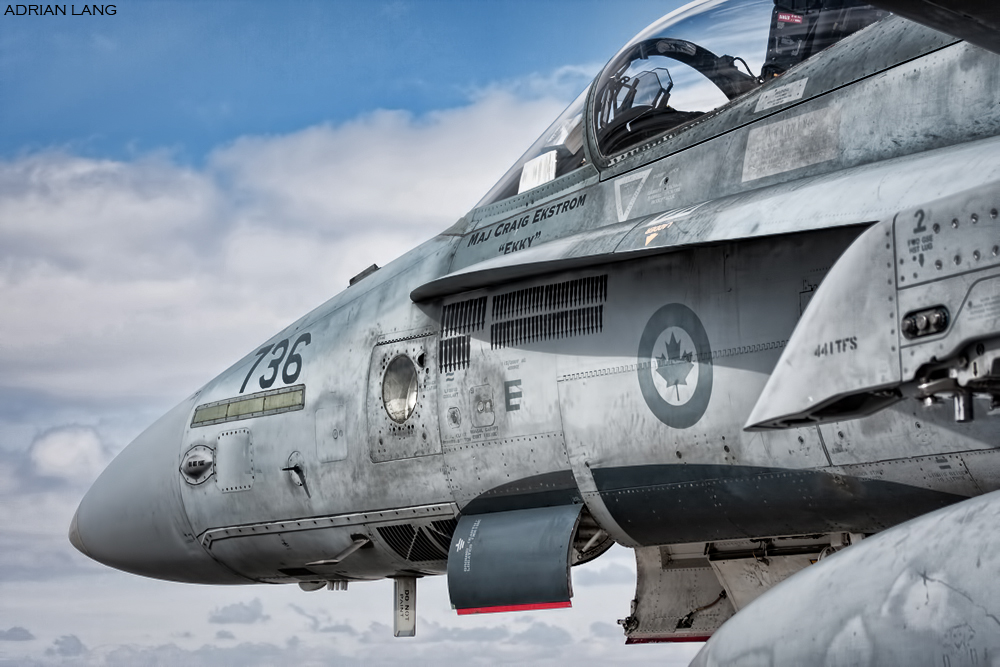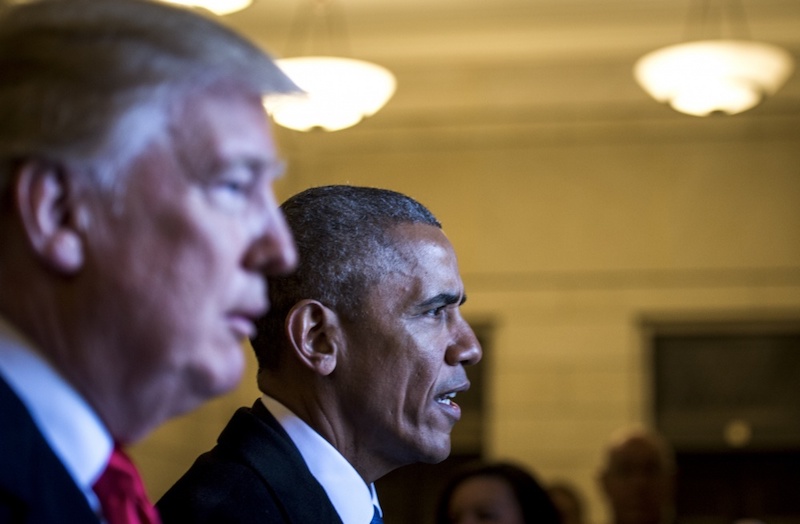The Canadian-led multinational NATO battlegroup in Latvia has been deployed near the capital of Riga. This Canadian-led enhanced Forward Presence battlegroup in Latvia was established during a ceremony at Camp Adazi, Latvia on June 19th, 2017. This operation is part of the Transatlantic Alliance’s Enhanced Forward Presence in Estonia, Latvia, Lithuania, and Poland. The initiative is part of NATO’s reassurance and deterrence posture in Eastern Europe. Such a deployment of military forces on the Alliance’s Eastern Flank was agreed upon at the 2016 NATO Warsaw Summit following Russia’s 2014 annexation of Crimea and ongoing support of pro-Russian elements in Eastern Ukraine.
The Enhanced Forward Presence represents the Alliance’s most explicit enforcement of collective defence since the end of the Cold War and is Canada’s largest mission in Europe since the collapse of the Eastern Bloc. Canada will provide the core of the NATO battlegroup in Latvia with around 450 mechanized infantry troops from the Canadian Army’s 1st Battalion, the Princess Patricia’s Canadian Light Infantry Regiment. Canadian Defense Minister Harjit Sajjan explained Canada’s position in the region is not that of aggression, but rather a show of solidarity and reassurance. He also elaborated that Ottawa remains open to diplomatic dialogue as it continues to maintain a strong military posture within the Alliance’s apparatus.
Furthermore, Canada’s deployment subscribes to NATO’s Tripwire Force strategy. It consists of stationing four groups of a thousand soldiers each, deployed in the Baltic states. These countries have requested such measures from NATO following the invasion of Ukraine and the annexation of Crimea in 2014. While this tripwire force in practice would be unable to defend themselves against the overwhelming Russian Armed Forces, its presence is a deterrent to potential Russian aggression. Indeed, a hypothetical Russian invasion of an Eastern European NATO member would trigger Article 5, which stipulates that an attack on one Alliance member is regarded as an attack against all Alliance members. Such a deterrence posture by newly deployed NATO forces on the Eastern Flank is meant to discourage the Kremlin from undertaking future offensive actions.
Disapproval can arise on the basis that this defensive posture would be expensive and unnecessary, as it might be seen as inactive deployment with little deterrence potential. However, a look at the cost-benefit analysis, such a deterrence strategy in the long term outcomes is better than a full-scale war resulting from a failure to take pre-emptive measures to protect NATO’s exposed Eastern European members.
According to a study by the RAND Corporation on the possible outcomes of a Russian invasion of the Baltic States, historically the longest time it took Moscow to capture Estonia, and Latvia was 60 hours. With the modern magnitude of the Russian army’s size, it’s estimated that it could overrun all three of the geographically small Baltic states in 36 hours. Given such a predicament, it would leave NATO with a series of unfavourable options: a bloody counteroffensive and risk of escalation to liberate the Baltics, concessions to Russia, or a temporary defeat – all of which would result in disastrous consequences for the Alliance, but above all of for the people of the Baltics.
The posture of the Canadian-led mission in Latvia is that of defensive, proportionate measures and in line with NATO’s commitments. In all, this represents a reinforcement of commitment towards maintaining peace and stability within the region, and reiterating a significant commitment by the Allies based on Article 5 of the Atlantic Treaty, ‘that an attack on one is an attack on all’.
Photo: Latvia welcomes NATO battlegroup (2017) by NATO North Atlantic Treaty Organization via. Flickr.
Disclaimer: Any views or opinions expressed in articles are solely those of the authors
and do not necessarily represent the views of the NATO Association of Canada.




